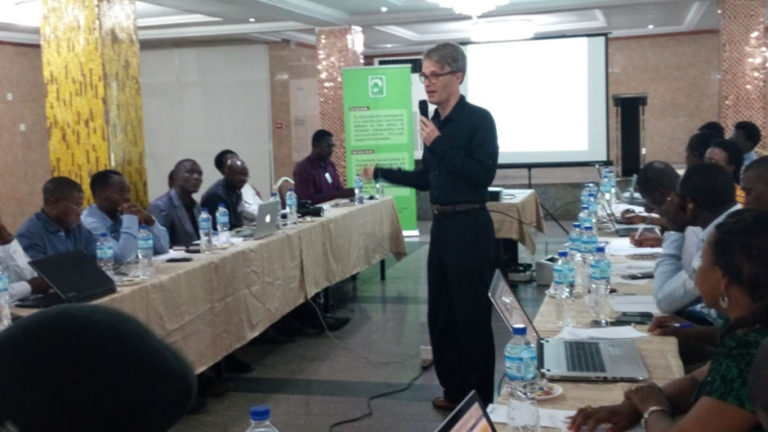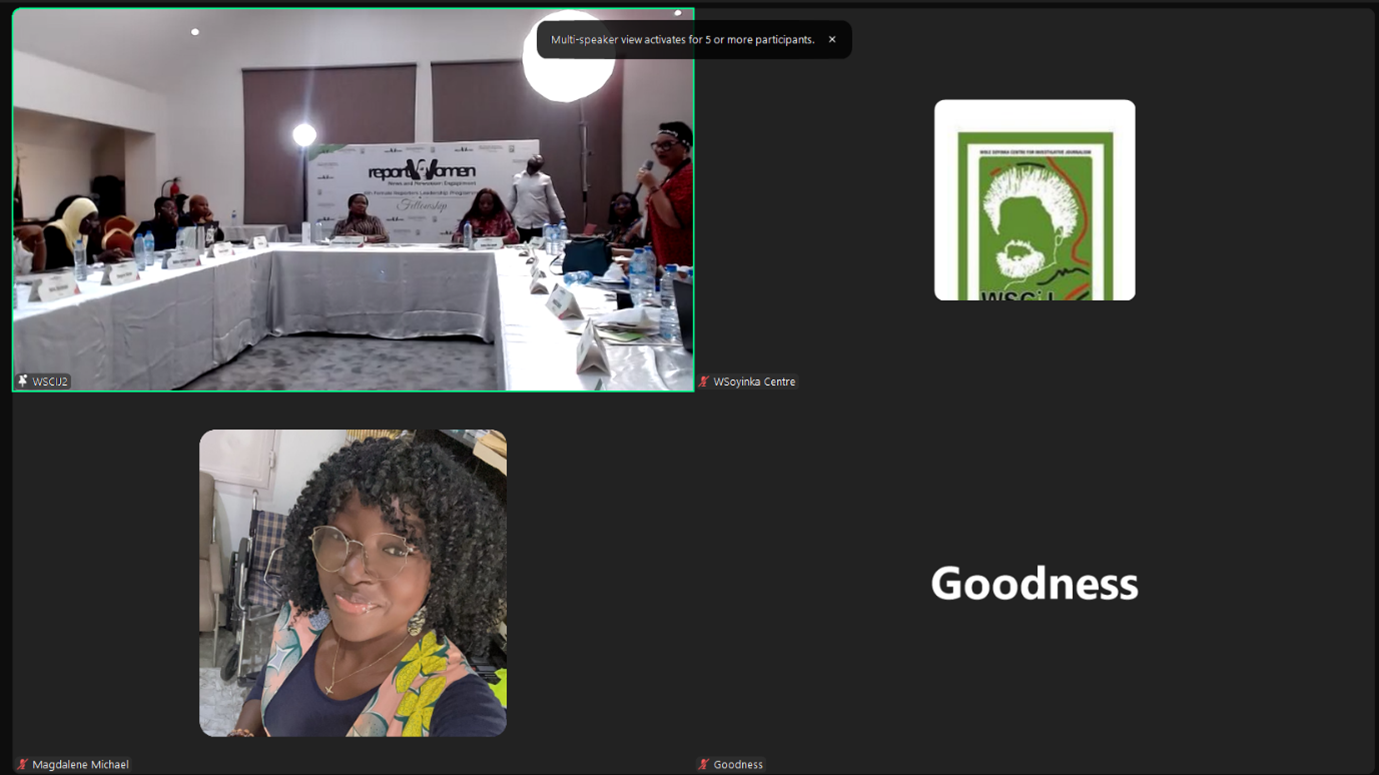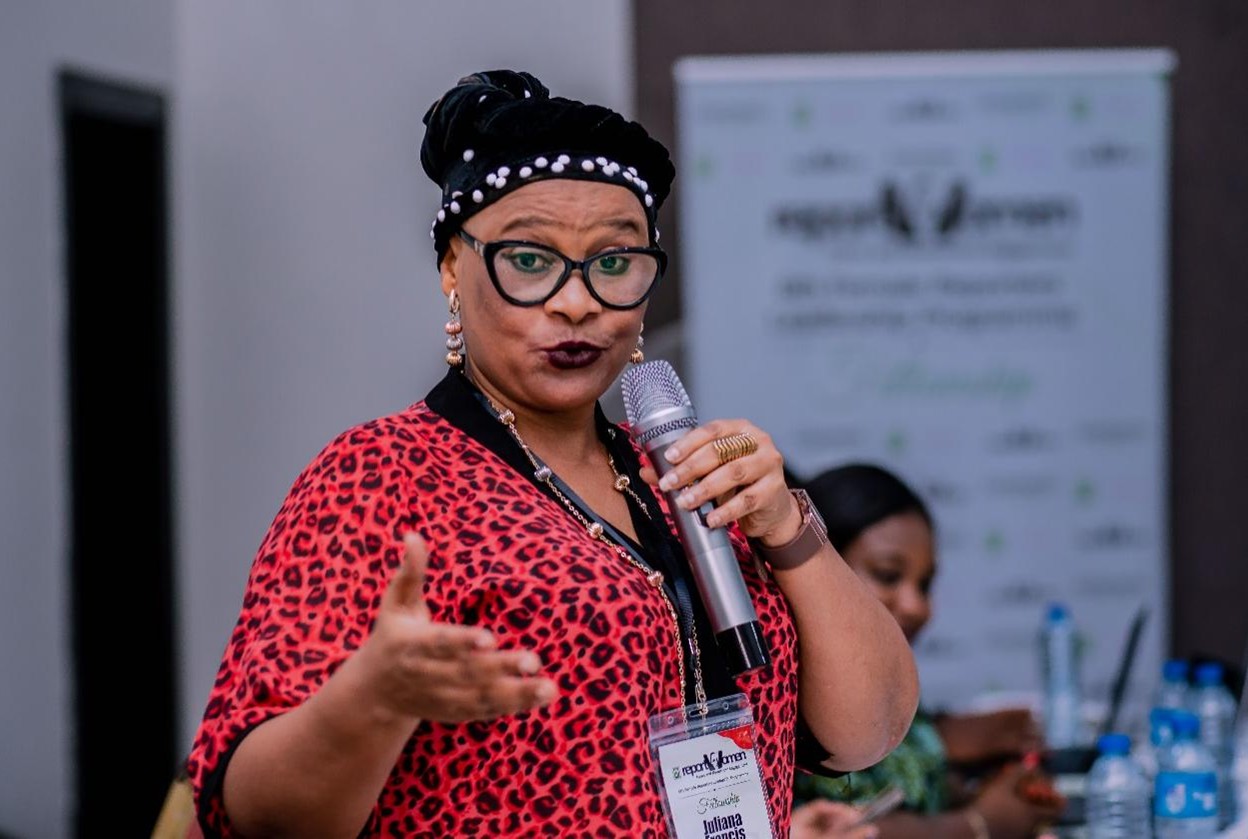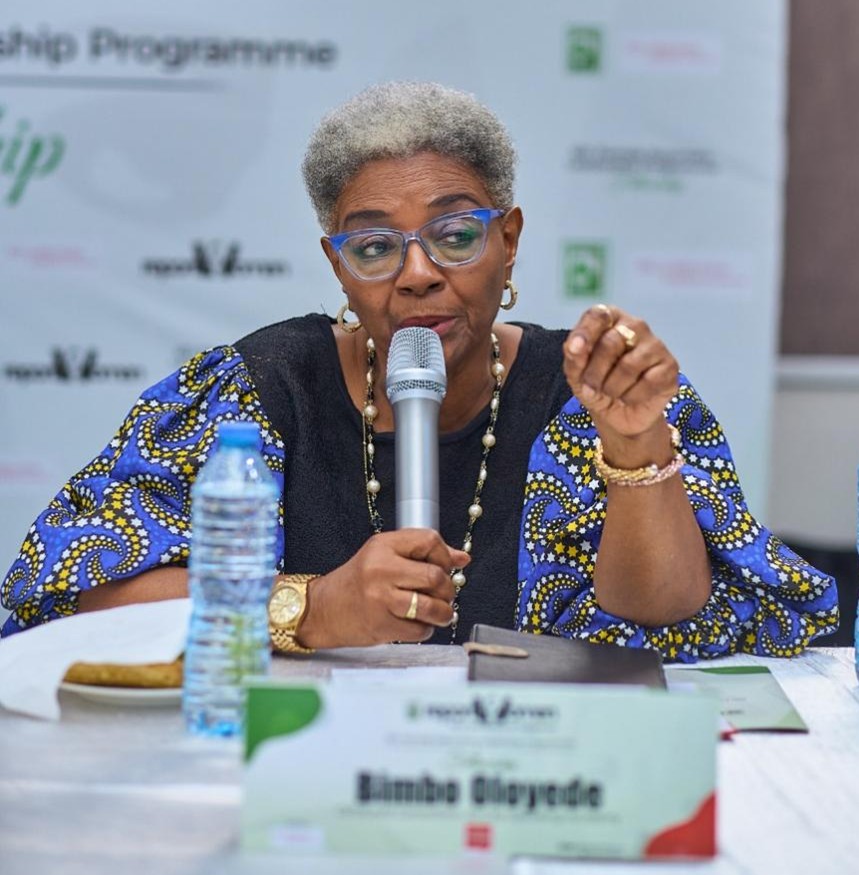Twenty reporters have been trained to investigate oil sale and revenue in Nigeria at a two-day masterclass on oil and gas reporting held by the Wole Soyinka Centre for Investigative Journalism (WSCIJ) on 4th and 5th November 2015 in Lagos under its Media for Oil Reform (MFOR) project.
The duo of Musikilu Mojeed of Premium Times and Aaron Sayne of Natural Resource Governance Institute (NRGI) were the resource persons at the deep dive course for journalists. The duo took the participants on several topics, including governance issues with the Nigerian National Petroleum Corporation (NNPC) oil sales, NNPC revenue retention, case studies on following the money with NNPC trading companies, use of Freedom of Information Act (FOIA) for reporting oil transactions among other topics.
Motunrayo Alaka, Centre Coordinator, WSCIJ, said the training was geared towards influencing reforms in the oil and gas industry through media reportage as it is the countries cash house.
Speaking on Aaron oil sales governance issues, Aaron stated that the oil and gas industry forms about 60-70 per cent of Nigeria’s revenue through the sales of oil by NNPC. He observed the rise in NNPC revenue withholdings from export sales and non-remittance of Nigerian Petroleum Development Company (NPDC) sale proceeds in addition to selling government’s share of production.
Aaron further revealed that each year, NNPC signs term lifting contracts with a variety of buyers, majority of whom are middlemen. According to him, the middlemen buy oil from NNPC and then sell it to other companies instead of refining it themselves, adding that the simplest transaction of oil sales involves Crude Oil Marketing Division (COMD) selling a cargo to a trader with a term contract who then resells to a buyer in the global market. He, however, noted that many term contract holders cannot lift, transport or market their own oil, the biggest categories being “briefcases”, which are companies with little or no staff, capital, offices, industry profile or experience.
Musikilu handled the development of human and other alternative sources for investigative reporting on oil and gas with practical session. He said getting sources require deliberately cultivating relationships in the field. Some of the sources identified by him are non-governmental organisation, government ministries, departments and agencies, oil companies’ websites, financial statements, oil contract and licensing documents, bank statements, and online investigative journalism databases.
Musikilu also took the session on following the money with NNPC trading companies. According to him, it involves background checks on licences, contracts and proceeds, price, sales and remittances. He noted that government organisations are mandated by law to implement proactive disclosure of basic information concerning their organisation. He then took the participants on how to write FOI request and respond to request refusal.
The Media for Oil Reform (MFOR) project is implemented with support from Natural Resource Governance Institute (NRGI) to develop the capacity of the media to report specific Nigerian oil and gas sector governance issues in a bid to contribute to efforts to elicit reforms by policy makers.








